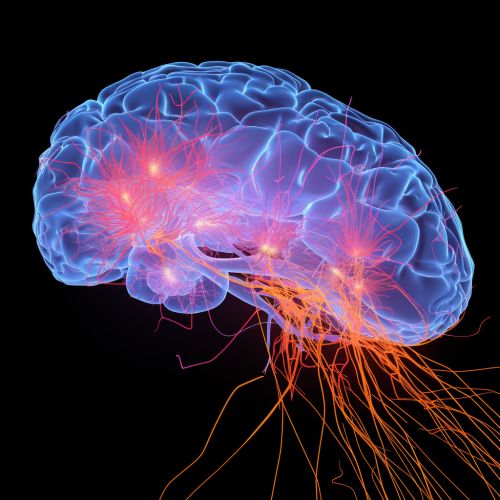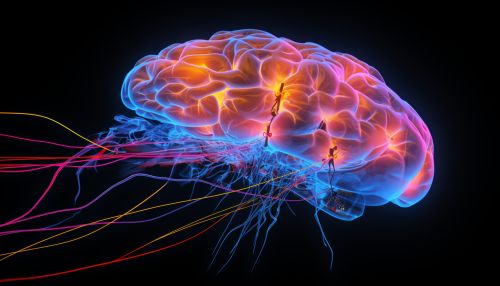Cognitive Neuroscience of Cognitive and Motor Skills Training
Introduction
Cognitive neuroscience is a branch of neuroscience that studies the biological processes that underpin cognitive processes. This field combines the principles of neuroscience and psychology to explore how the brain enables cognitive and motor skills. Cognitive and motor skills training, on the other hand, involves activities designed to enhance the brain's cognitive and motor functions. This article delves into the cognitive neuroscience of cognitive and motor skills training, highlighting the underlying neural mechanisms, the role of neuroplasticity, and the impact of training on cognitive and motor skills.


Neural Mechanisms Underlying Cognitive and Motor Skills
Cognitive and motor skills are controlled by specific regions in the brain. Cognitive skills, which include memory, attention, and problem-solving, are primarily regulated by the prefrontal cortex, the hippocampus, and other areas of the cerebral cortex. Motor skills, which involve the coordination of muscles and movements, are controlled by the cerebellum, the basal ganglia, and the motor cortex.
The prefrontal cortex, located at the front of the brain, is responsible for executive functions such as decision-making, planning, and behavioral control. The hippocampus, located in the medial temporal lobe, plays a crucial role in memory formation and consolidation. The cerebral cortex, the outer layer of the brain, is involved in various cognitive functions, including perception, language, and consciousness.
The cerebellum, located at the back of the brain, coordinates voluntary movements, balance, and posture. The basal ganglia, a group of subcortical nuclei, are involved in motor control, learning, and habit formation. The motor cortex, located in the frontal lobe, controls voluntary movements.
Role of Neuroplasticity in Cognitive and Motor Skills Training
Neuroplasticity, or brain plasticity, refers to the brain's ability to reorganize itself by forming new neural connections throughout life. This ability plays a crucial role in cognitive and motor skills training. Training can induce changes in the brain's structure and function, leading to improvements in cognitive and motor skills.
Neuroplasticity allows the brain to adapt to new experiences, learn new skills, and recover from brain injuries. It involves several mechanisms, including synaptic plasticity, neurogenesis, and cortical remapping.
Synaptic plasticity is the ability of synapses, the junctions where neurons communicate, to strengthen or weaken over time in response to increases or decreases in their activity. This process is fundamental to learning and memory.
Neurogenesis, the process of generating new neurons, occurs in certain areas of the brain, including the hippocampus. This process is essential for memory formation and cognitive flexibility.
Cortical remapping, also known as cortical reorganization, is the brain's ability to change its physical structure in response to learning, experience, or injury. This process is crucial for motor learning and recovery from brain injuries.
Impact of Training on Cognitive and Motor Skills
Cognitive and motor skills training can have a significant impact on the brain's structure and function. Training can enhance cognitive functions such as memory, attention, and problem-solving, and improve motor skills such as coordination, balance, and precision.
Cognitive training exercises, such as memory games, attention tasks, and problem-solving activities, can enhance cognitive functions by stimulating the brain regions involved in these functions. These exercises can induce neuroplastic changes in the brain, leading to improvements in cognitive skills.
Motor skills training, such as physical exercises, balance training, and coordination tasks, can improve motor skills by stimulating the brain regions involved in motor control. These exercises can induce neuroplastic changes in the brain, leading to improvements in motor skills.
Conclusion
The cognitive neuroscience of cognitive and motor skills training provides valuable insights into the brain's ability to learn, adapt, and recover. Understanding the neural mechanisms underlying cognitive and motor skills, the role of neuroplasticity in training, and the impact of training on cognitive and motor skills can inform the development of effective training programs and interventions for enhancing cognitive and motor skills.
